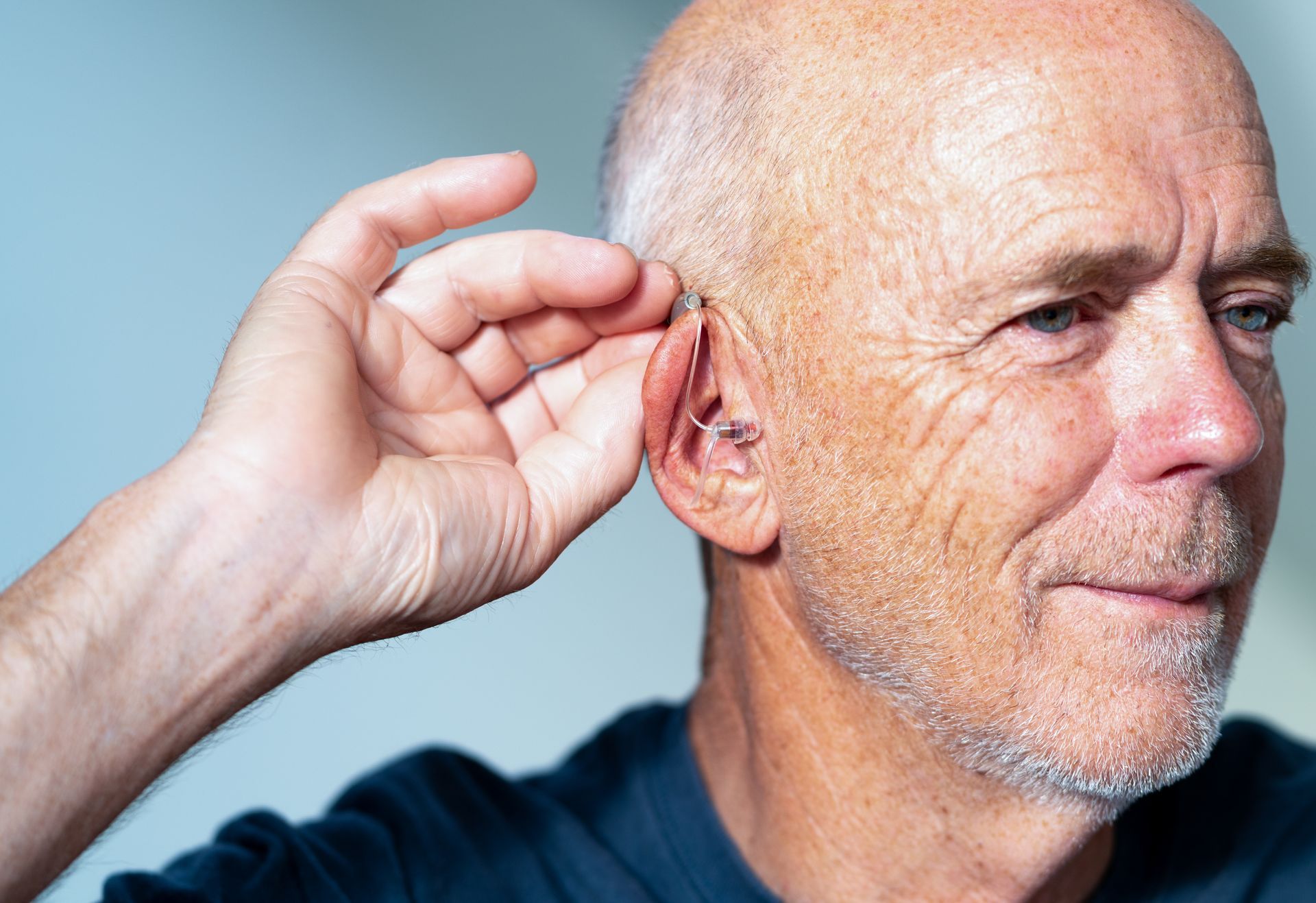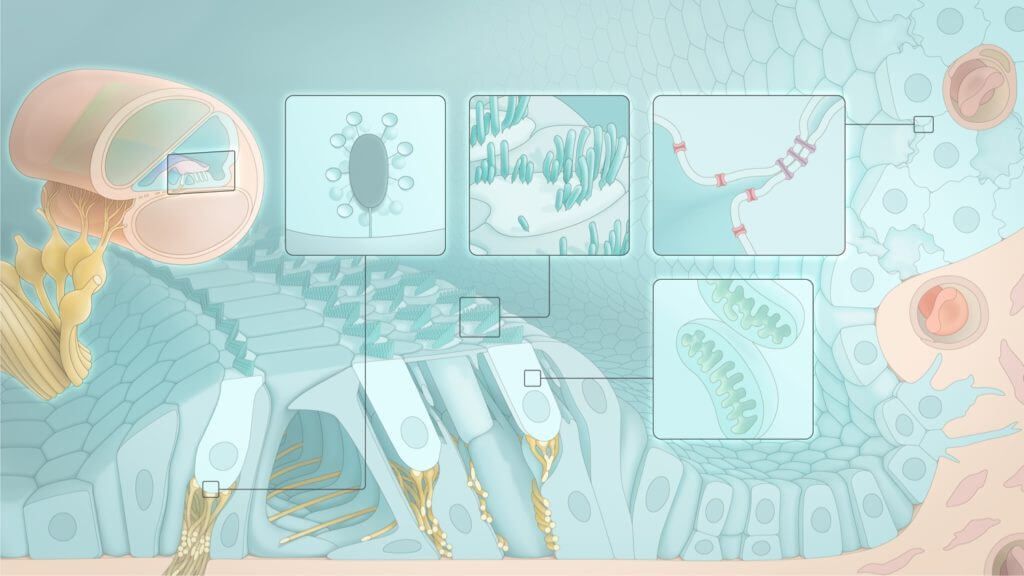How To Make the Most of Dating With Hearing Loss
Dating always has the potential to be a little nerve-wracking! If you have hearing loss, you may be worried about how it might impact your dating life or how to talk about it with any new potential partners.
Let’s go over a few ways to make the most of dating when you have hearing loss.
Prioritize Your Hearing Health
Hearing loss is a very common condition. The National Institute on Deafness and Other Communication Disorders states that “one in eight people in the United States aged 12 years or older has hearing loss in both ears.” The good news is that it’s also a very treatable one.
If you’ve noticed changes in your hearing, make it a priority to schedule an appointment for a hearing test. After getting your results, your audiologist can work with you to find the right pair of hearing aids that will make communication with others easier, making dates and other social events much less stressful.
Pick Quiet Date Spots
Even with hearing aids, a crowded bar or live music event may not be the best place for a date if you have hearing loss. Instead, opt for a quiet stroll or lunch at a mellow Naples café like Kunjani Craft Coffee & Gallery. Remember that it’s not just volume that is important, but lighting as well. Pick well-lit environments so that you can better see your date’s face when they are talking.
Talk About Effective Communication Strategies
Though you might feel a bit hesitant talking about your hearing loss, it will make it easier for both you and your date if you take some time to discuss it. This affords you the opportunity to talk about effective communication strategies, like making sure they are facing you during conversation and not covering their mouths. It also helps to eliminate any frustration or hurt feelings that might come from them assuming that you weren’t listening to what they were saying instead of just not hearing it.
Utilize Helpful Hearing Technology
Many hearing aids can utilize technology like Bluetooth® or telecoil to help you to stream sound directly into your hearing aids if you’re out watching a movie or sporting event. If you stay in and watch something at home, you can use Bluetooth as well as closed captioning to make sure you don’t miss anything that’s said and can instead relax and enjoy the show with your date.
For more information or to schedule an appointment with one of our hearing experts, contact Center For Hearing today.
- Understanding Infant Hearing Loss
- The Relationship Between Exercise and Hearing Loss
- Muffled Hearing: Common Causes and Solutions



